Hopefully you tried the 80/20 Rule for the last month, and you’re feeling balanced without being deprived. If you missed that post, check it out here.
This month’s new thing to try: Don’t eat anything in the morning until it’s been at least 12 hours since you finished eating the night before.
This is similar to the practice of intermittent fasting, but I don’t like to call it that because personally I think it sounds scary and makes it seem a lot harder to do than it really is. This is simply giving your digestive system a rest and allowing it time to do what it needs to do.
Why Wait to Eat?
According to the Mayo Clinic, your digestive system takes 6-8 hours to fully digest food. Only once digestion is complete is the signal triggered to release built-up toxins into the bloodstream so your liver can then eliminate them (aka detox mode). This process is important for the body to activate regularly to get rid of free radicals (free radicals=bad guys that corrode tissue and damage cells). This detox routine takes about 4 hours to complete.
Eight hours of digestion + four hours of detox = twelve hours of fasting.
Furthermore, allowing your digestive system to rest can lead to less fat storage. Whenever we eat, blood sugar spikes, which releases insulin. Insulin encourages the storage of extra sugar in our cells, mostly as fat. (Sidenote: This is also why grazing or snacking all day actually isn’t a great idea. Your tummy needs a break!)
How To Create a 12 Hour Window
Make sure to pay attention to the clock after the last bite you eat in the evening (including any drinks with calories like wine, beer, or soda). If you’re done with dinner at 6:30, be sure your first bite of food the next day is at 6:30 am or after. It’s ideal to finish eating earlier in the evening, but if you’re a late-night snacker, you can still do this. You just won’t have breakfast until, let’s say, 10:00 am. Still, finishing with food at least a couple of hours before bedtime is optimal–you’ll sleep a lot better and control your weight! Try to maintain the 12-hour window at least 5 days a week. The good news is that water (even lemon water or apple cider vinegar water), black coffee or unsweetened tea won’t break the fast, so if you’re used to having those first thing in the morning, you don’t have to change your routine.
Results You Can Expect
- Feel more energetic
- Lose more weight
- Improve your blood sugar regulation
- Improve mental clarity
- Boost your immune system
- Know you are helping your body on a cellular level
If you already observe this practice, go you! You may want to challenge yourself by increasing the fasting window to 14-16 hours. It’s recommended to eat each day by 11am, particularly for women, because your body loses protein overnight and it’s important to replace this vital nutrient. Take this into consideration if you try increasing your fasting period. Extreme fasting, like when you get anywhere near 24 hours, can actually have different effects on men vs. women. Due to hormone differences, it tends to be beneficial for men, and detrimental to women. So, do your research before you start going extreme with it!
Happy Fasting!
Nicole

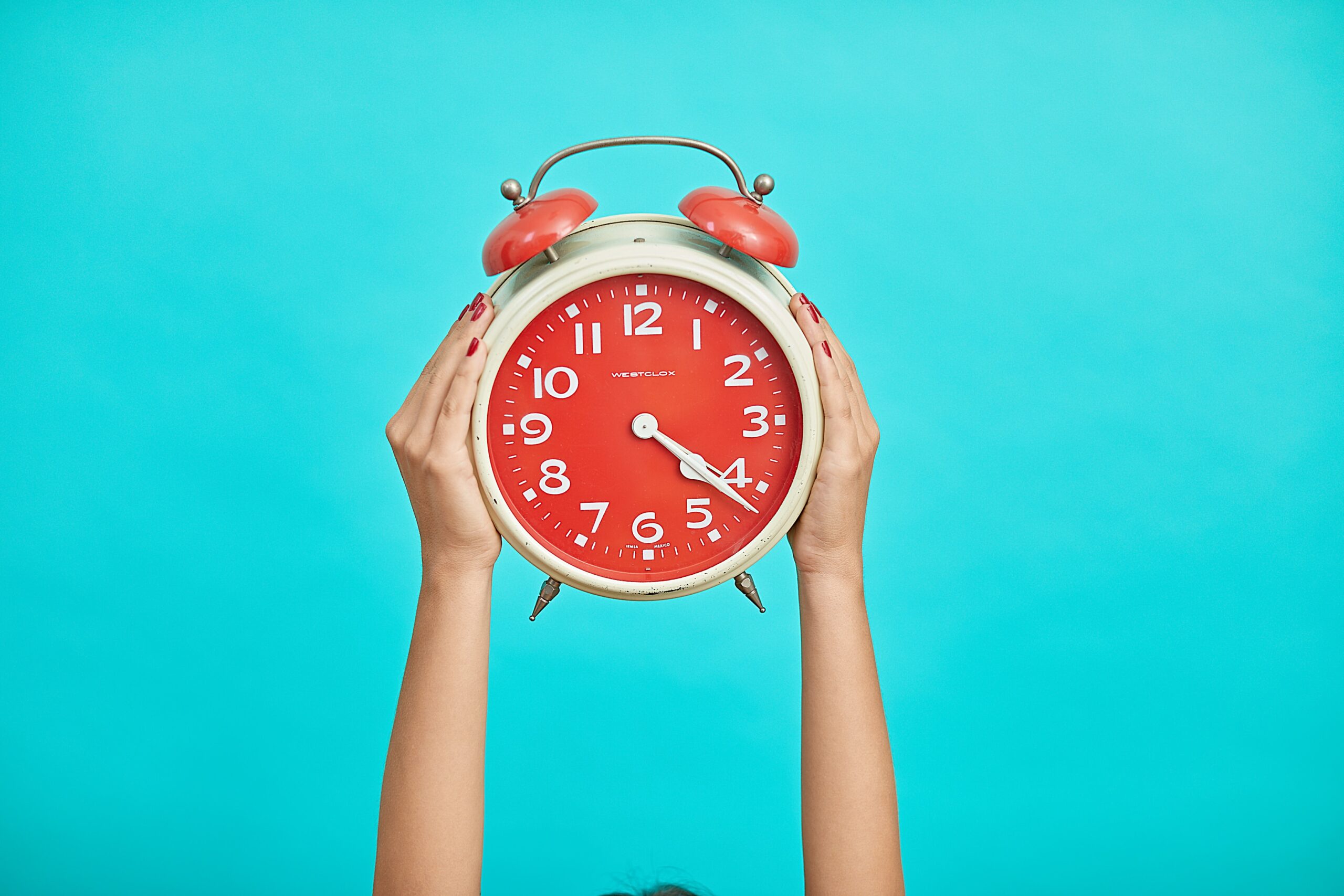
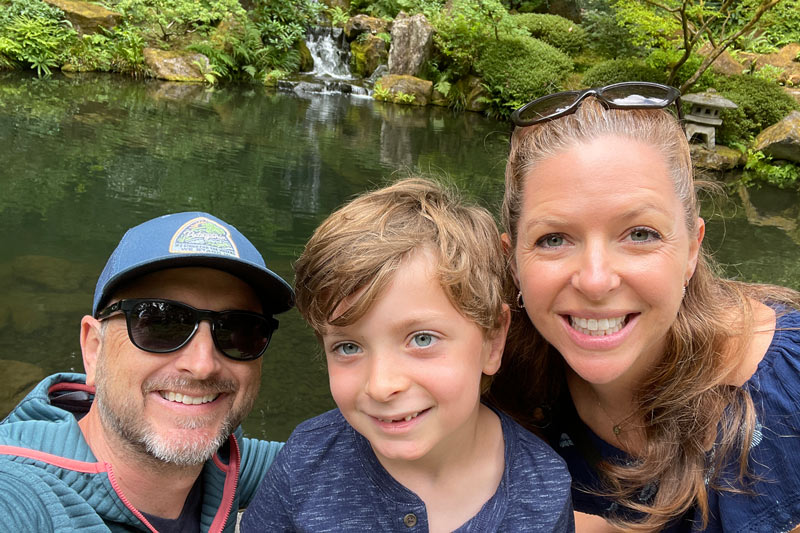


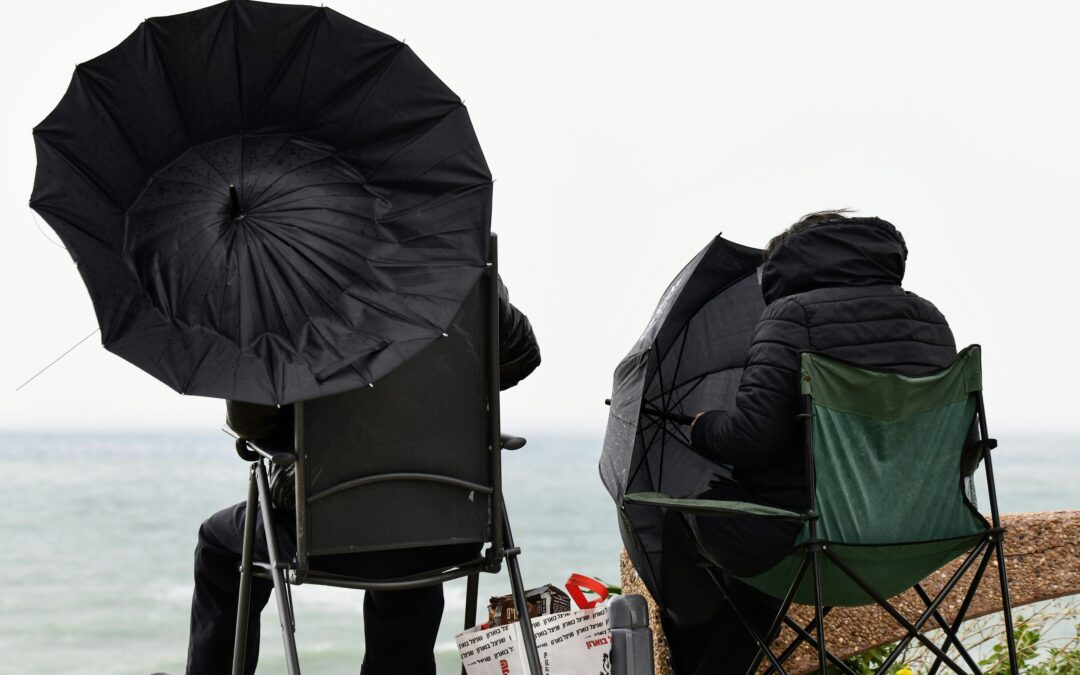
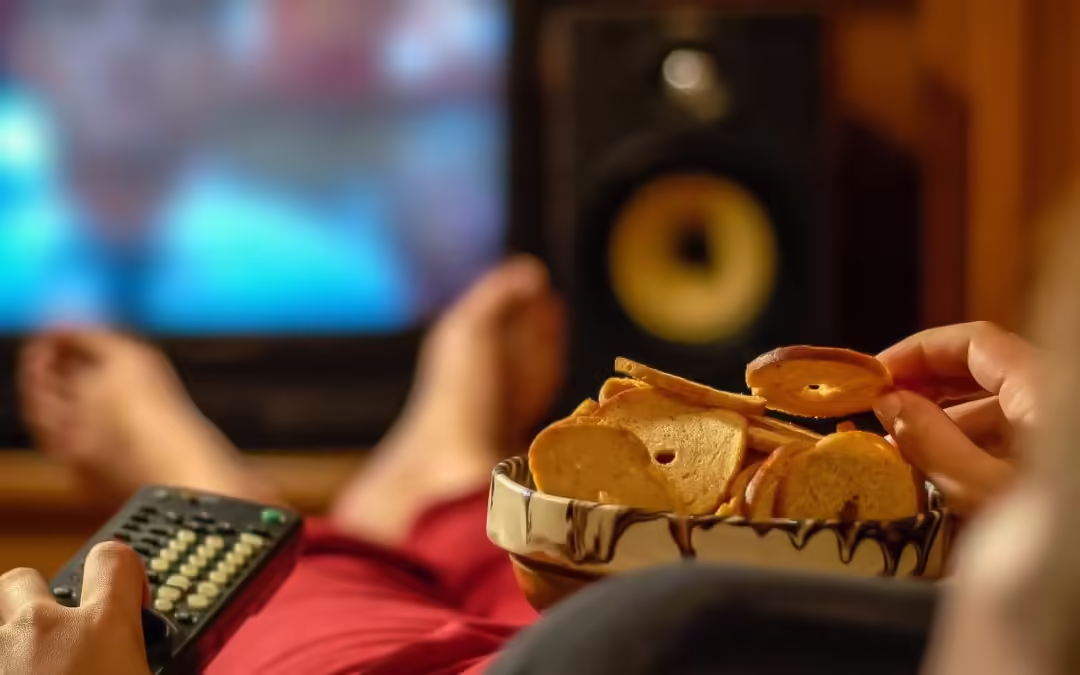



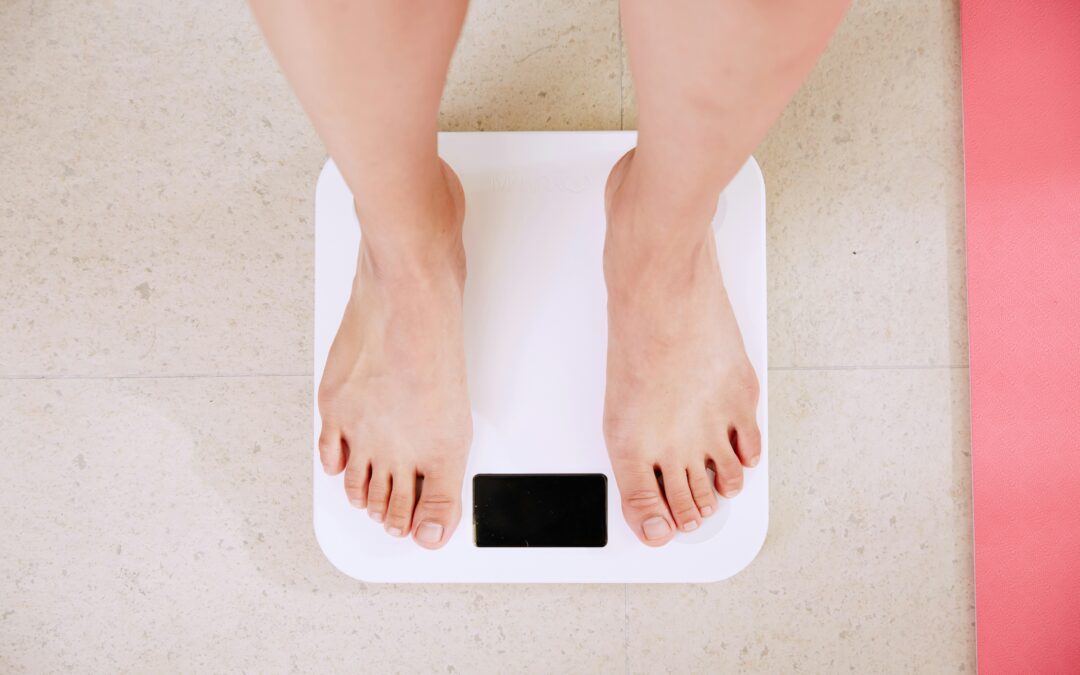
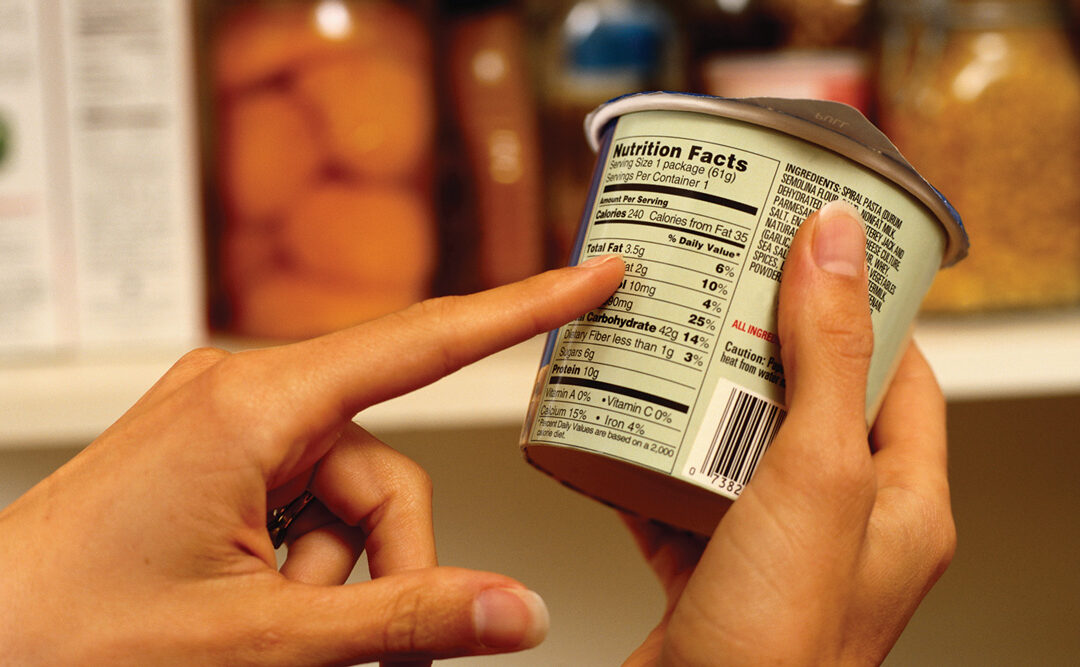

Leave a Reply